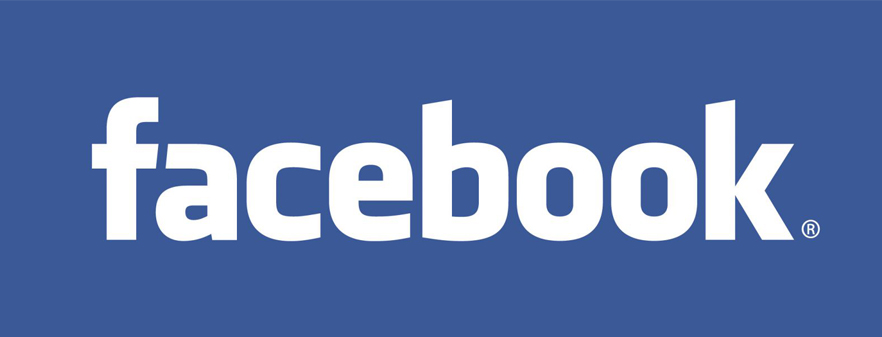Why Businesses Can’t Depend on Facebook Anymore
| 14 Mar 2014
|

Facebook isn’t as effective anymore – unless you pay. According to a Mashable article last week, brands on average can only reach 6.15% of their audiences organically and companies with over 500,000 Likes can only reach 2.11%. This is an enormous drop compared to October 2013, when most brands’ unpaid, organic reach was 12% and companies with over 500,000 Likes had 4% organic reach. A study from social@Ogilvy predicts this decline will continue until organic reach hits 0%.
Facebook’s receding reach is meant to transition Facebook to a model that requires businesses to pay to promote their statuses just to reach their current audiences – a requirement many businesses didn’t expect when they were building up their audience base.
Small and medium-sized businesses (SMBs) in particular will see the most impact from this change because they have limited marketing budgets.
To overcome this obstacle, companies should focus more time and energy on fostering strong LinkedIn, Google+, and Twitter communities and contributing more content to specific types of websites.
According to HubSpot, LinkedIn’s visitor-to-lead conversion is 2.74% while Facebook’s is only 0.77%. This means that for every 100 LinkedIn visitors, nearly 3 of them are qualified. Conversely, Facebook only generates 1 qualified lead per 100 visitors.
Twitter also yields greater return than Facebook. According to eConsultancy, Twitter has a conversion rate of 2.17% while Facebook only has 0.74%. This means that if companies invest the same resources creating content for Twitter and Facebook, Twitter will deliver more customers.
While Google+ currently doesn’t convert as many sales as Twitter or LinkedIn, it helps companies improve their search rankings. According to Moz, Google +1 is the second most significant SEO factor aside from Page Authority - tremendously more important than Facebook shares, likes and comments. By increasing their Google+ audience sizes and engagements (i.e. shares or +1s), brands will improve their search rankings much more significantly.
Aside from leveraging other social platforms, businesses can also increase content contribution by guest blogging on special-interest websites to attract their target audiences. For example, eCommerce companies like Coastal.com can contribute articles on a mommy blog such as PhD in Parenting to explain the importance of proper eyewear for young children. They also can submit content to a fashion blog such as The Backseat Stylers to talk about the latest sunglasses trends. These initiatives help companies connect with suitable audiences and let them deliver their unique value propositions.
While businesses can’t benefit from Facebook as much as before, they canstill continue to expand their reach and connect with qualified customers by leveraging Twitter, LinkedIn, Google+ and guest blogging.
If you want help with social media marketing, please contact us directly and we’ll be glad to help. Also, you can attend our Digital Marketing training workshop to learn about the latest, best practices in social media marketing, content marketing, and other important digital marketing initiatives.


